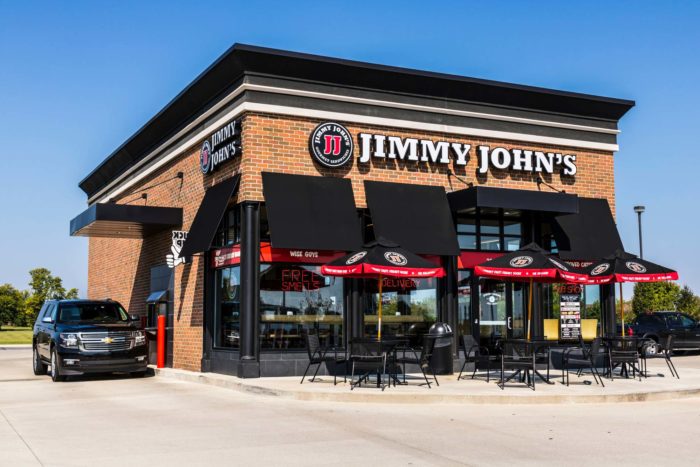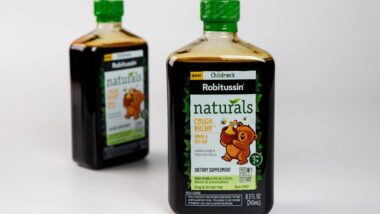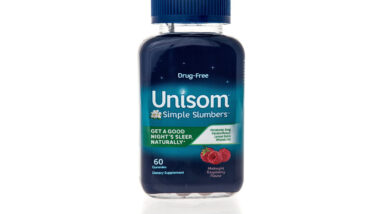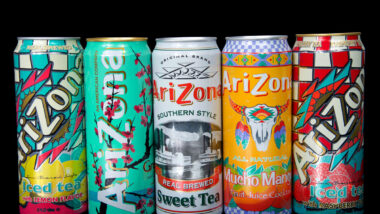
A Missouri woman has filed a class action lawsuit alleging Jimmy John’s engaged in unfair and deceptive business practices regarding its cookies.
Plaintiff Sharon Martin claims that though the labels on Jimmy John’s cookies say the product is “all natural,” the cookies actually contain many highly processed and non-natural ingredients, including refined flour, niacin, reduced iron and others.
Martin says she paid $1.75 each for the Jimmy’s All Natural Oatmeal Raisin Cookies and Jimmy’s All Natural Triple Chocolate Chunk Cookies. She alleges the total value of the loss is “at most” equal to “the refund of the purchase price she paid for the Cookies.”
The Jimmy John’s cookies class action lawsuit claims the defendants’ purpose in using the “all natural” phrase on the labels was meant to increase the company’s profits by promising consumers healthy, minimally processed ingredients, while actually delivering a non-natural product.
Reasonable consumers expecting natural cookies ended up paying a premium for Jimmy John’s cookies because of the company’s misrepresentation, the plaintiff says.
Other companies marketing their products as minimally processed have taken steps to avoid the same ingredients Jimmy John’s uses in their cookies, the Jimmy John’s cookies class action lawsuit claims.
For example, the plaintiff points to Lunchables Natural Uncured Ham and Cheddar labels that include the caveat that they are natural “except for crackers and treat.” The crackers and treat in the Lunchable contain many of the same ingredients in the “natural cookies” the defendants are claiming to be minimally processed.
Martin’s lawsuit says the defendants knew or should have known the “all natural” label would influence consumers’ decision to buy the Jimmy John’s cookies.
Food and Drug Administration regulations govern some aspects of product labeling, but do not address “the totality of the misleading label claims,” and thereby do not preempt Missouri law prohibiting deceptive advertising practices.
The Jimmy John’s cookies class action lawsuit alleges the misrepresentations violate Missouri’s Merchandising Practices Act’s prohibition of false promise or fraud in connection with the sale or advertisement of any merchandise.

Martin says potential Class Members purchased the Jimmy John’s cookies for personal, family or household purposes and thereby suffered an ascertainable loss as a result of the defendants’ actions, including the actual value of the products and the value of the products had they been as described.
So, as a direct result of the misrepresentation on the labels, the putative Class Members were induced to purchase Jimmy John’s cookies and suffered damages in that they were deprived of the bargain they thought they were getting when purchasing a product that turned out not to be as promised, the complaint says.
Included in this proposed natural cookies class action lawsuit are any consumers in Missouri who purchased the Jimmy John’s chocolate chunk or oatmeal raisin cookies in the five years preceding the filing of the complaint.
Excluded are government agencies, any entity in which the defendants have a controlling interest, anyone currently in bankruptcy proceedings or who has obtained a bankruptcy discharge in the last three years and any judicial officer involved in this case or their close relatives.
The original complaint, filed in Jackson County Circuit Court, sought damages of $75,000 or less per Class Member and/or $4,999,999 for the entire Class or, alternatively, sought to require the defendants to pay restitution not exceeding those numbers. It also sought an award of pre- and post-judgment interest and attorneys’ fees and costs to Class counsel in an amount that would not cause the judgment to exceed those numbers.
However, when calculating the total amount of damages pleaded in the petition for the MMPA claim, a figure of more than $6 million was reached, by far exceeding the $5 million threshold.
The Class Action Fairness Act gives federal courts jurisdiction in class action lawsuits where “the matter in controversy” exceeds $5 million before interest and court costs and where more than 100 Class Members are involved.
“Without question, those 1,982,524 transactions between November 1, 2016 and January 4, 2020 were made by well more than 100 putative class members,” according to the notice of removal.
Plaintiffs in class action lawsuits are not allowed to stipulate to a limitation on the amount of attorneys’ fees or damages in order to defeat CAFA jurisdiction.
As such, the case has been moved to the United States District Court for the Western District of Missouri.
Did you buy Jimmy John’s cookies thinking they were all natural? Share your story in the comments below.
Martin is represented by R. John Azimi and Jeff Lingwall.
The Jimmy John’s All Natural Cookie Class Action Lawsuit is Sharon Martin v. Jimmy John’s, et al., Case No. 4:20-cv-00415, in the U.S. District Court for the Western District of Missouri.
ATTORNEY ADVERTISING
Top Class Actions is a Proud Member of the American Bar Association
LEGAL INFORMATION IS NOT LEGAL ADVICE
Top Class Actions Legal Statement
©2008 – 2025 Top Class Actions® LLC
Various Trademarks held by their respective owners
This website is not intended for viewing or usage by European Union citizens.















419 thoughts onJimmy John’s Class Action Says Cookies Aren’t All Natural
Add me
Owner sounds like a pompous jerk